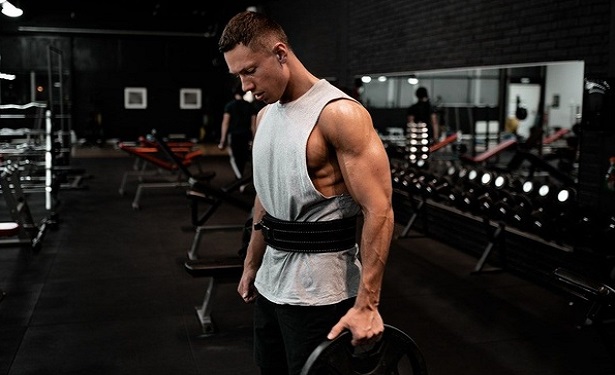Cognitive Behavioral Therapy Can Be A Powerful Tool in Athletic Performance
By Richard Oelberger
A well applied cognitive behavioural approach has been found particularly helpful to athletes who may need more traditional clinical support for critical stress management, as well as anxiety or clinical depression treatment.
One CBT technique, also known as cognitive restructuring, helps athletes to identify the source of their stress, understands how they responded emotionally, and empowers them to respond more constructively. As a result, players start seeing threats as challenges, generating more positive emotions and higher satisfaction with their performance.
Successful Intervention Of Cognitive Behavioral Therapy In Sports
Cognitive behavioural therapy was initially developed in clinical settings and later practised by practitioners in sport to address a range of psychological issues related to performance, social anxiety, maladaptive perfectionism, aggressive behaviour, depression, and low self-esteem.
The specific mental intervention of this stress therapy includes the formation of effective goals, visualization, relaxation strategies, and self-talk. Enhancing these psychological skills invariably improved athletic and sporting performance. Its benefits are mainly reported in sports as diverse as baseball, basketball, boxing, figure skating, golf, gymnastics, karate, skiing, tennis, and volleyball.
Top Cognitive Behavioral Techniques
Positive Self Talk
One of the most effective strategies that proved to be immensely helpful in this therapy was the positive self-talk. It gives the ability to a player to change automatic negative thoughts which contribute to negative emotions the individual experiences during and after their performances. It will save your much-needed cognitive effort and energy and you can instead focus on the key elements of your performance that will help you excel in your performance.
Imagery
In addition to positive self-talk, imagery is one of the key cognitive-behavioural methods used to enhance athlete performance. Imagery follows the principle of ‘you get what you believe’ and as such, practitioners from a cognitive-behavioural perspective start imagining what they want to achieve in the end, basically equivalent to their desired thoughts. Therefore, cognitively rehearsing the desired performance outcome enables athletes to regulate negative cognitive thoughts, ruminations, and emotions which as a result improve the irrational thought and anxiety associated with athletes to be the best.
Goal Setting
Goal setting is another example of a cognitive-behavioural approach that supports athletes with perfectionism. Within the context of CBT, practitioners can use goal setting to set real and achievable task-orientated goals in an attempt to avoid any manipulative thoughts on achievement and subsequently, reduce perfectionist behaviour. This approach helps reduce the unnecessary pressure from athletes who tend to engage in self-criticism when unrealistic standards are not met.
Richard Oelberger is a clinical sports psychologist and a Certified Mental Performance Consultant
Content source: https://www.richardlistens.com/cognitive-behavioral-therapy-a-powerful-tool-in-athletic-performance-enhancement/

